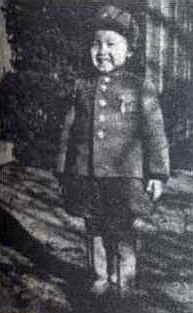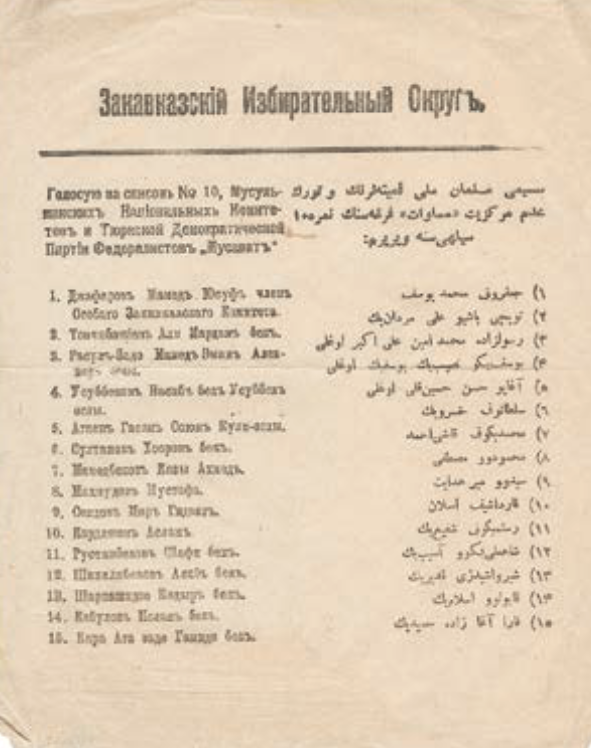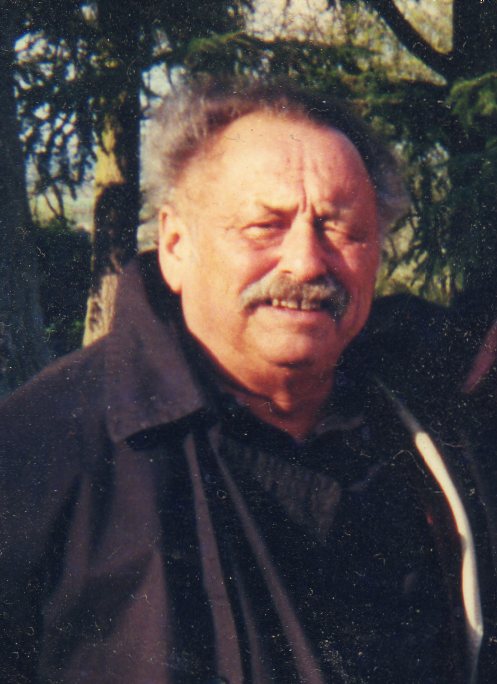|
Great Leader (other)
Great Leader may refer to: North Korean concept and leaders *Great Leader (concept), the "Great Leader" concept/theory forms the basis on how North Korea is to be ruled **Kim Il Sung, known officially as (The Great Leader) in North Korea **Kim Jong Il, Kim Il Sung's son **Kim Jong Un, Kim Jong Il's son and Kim Il Sung's grandson Other people *Mustafa Kemal Atatürk, the Great Leader (Ulu Önder) of the Republic of Turkey * Mammad Amin Rasulzade, the Great Leader (Ulu Öndər) of the Republic of Azerbaijan *Muhammad Ali Jinnah, founder and Governor-General of Pakistan, known as the Great Leader (''Quaid-i-Azam'') of Pakistan Arts, entertainment, and media *Great Leader, the primary villain in the ''Kamen Rider'' series *''The Great Leader'', a novel by Jim Harrison See also *Paramount leader Paramount leader () is an informal term for the most important Supreme leader, political figure in the China, People's Republic of China (PRC). The paramount leader typically controls the ... [...More Info...] [...Related Items...] OR: [Wikipedia] [Google] [Baidu] |
Great Leader (concept)
''Juche'', officially the ''Juche'' idea, is a component of Kimilsungism–Kimjongilism, the state ideology of North Korea and the official ideology of the Workers' Party of Korea. North Korean sources attribute its conceptualization to Kim Il Sung, the country's founder and first leader. ''Juche'' was originally regarded as a variant of Marxism–Leninism until Kim Jong Il, Kim Il Sung's son and successor, declared it a distinct ideology in the 1970s. Kim Jong Il further developed ''Juche'' in the 1980s and 1990s by making ideological breaks from Marxism–Leninism and increasing the importance of his father's ideas. ''Juche'' incorporates the historical materialist ideas of Marxism–Leninism but also strongly emphasizes the individual, the nation state, and national sovereignty. ''Juche'' posits that a country will prosper once it has become self-reliant by achieving political, economic, and military independence. As Kim Jong Il emerged as Kim Il Sung's likely successor in ... [...More Info...] [...Related Items...] OR: [Wikipedia] [Google] [Baidu] |
Kim Il Sung
Kim Il Sung (born Kim Song Ju; 15 April 1912 – 8 July 1994) was a North Korean politician and the founder of North Korea, which he led as its first Supreme Leader (North Korean title), supreme leader from North Korea#Founding, its establishment in 1948 until Death and state funeral of Kim Il Sung, his death in 1994. Afterwards, he was succeeded by his son Kim Jong Il and was declared Eternal leaders of North Korea, Eternal President. He held the posts of the Premier of North Korea, Premier from 1948 to 1972 and President of North Korea, President from 1972 to 1994. He was General Secretary of the Workers' Party of Korea, the leader of the Workers' Party of Korea (WPK) from 1949 to 1994 (titled as chairman from 1949 to 1966 and as general secretary after 1966). Coming to power after the end of Korea under Japanese rule, Japanese rule over Korea in 1945 following Japan's surrender in World War II, he authorized Operation Pokpung, the invasion of First Republic of Korea, South K ... [...More Info...] [...Related Items...] OR: [Wikipedia] [Google] [Baidu] |
Kim Jong Il
Kim Jong Il (born Yuri Kim; 16 February 1941 or 1942 – 17 December 2011) was a North Korean politician who was the second Supreme Leader (North Korean title), supreme leader of North Korea from Death and state funeral of Kim Il Sung, the death of his father Kim Il Sung in 1994 until Death and state funeral of Kim Jong Il, his death in 2011, when he was succeeded by his son, Kim Jong Un. Afterwards, Kim Jong Il was declared Eternal leaders of North Korea, Eternal General Secretary of the Workers' Party of Korea (WPK). In the early 1980s, Kim had become the heir apparent for the leadership of North Korea, thus being established the Kim family (North Korea), Kim family, and he assumed important posts in party and army organizations. Kim succeeded his father and founder of North Korea, Kim Il Sung, following Death and state funeral of Kim Il Sung, his death in 1994. Kim was the General Secretary of the WPK, Presidium of the Politburo of the Workers' Party of Korea, WPK Presidium ... [...More Info...] [...Related Items...] OR: [Wikipedia] [Google] [Baidu] |
Kim Jong Un
Kim Jong Un (born 8 January 1983 or 1984) is a North Korean politician and dictator who has served as supreme leader of North Korea since 2011 and general secretary of the Workers' Party of Korea (WPK) since 2012. He is the third son of Kim Jong Il, who was the second supreme leader, and a grandson of Kim Il Sung, the founder and first supreme leader of North Korea. From late 2010, Kim was viewed as the successor to the North Korean leadership. Following his father's death in December 2011, state television announced Kim as the "great successor to the revolutionary cause". Kim holds the titles of General Secretary of the Workers' Party of Korea and President of the State Affairs. He is also a member of the Presidium of the WPK Politburo, the highest decision-making body in the country. In July 2012, Kim was promoted to the highest rank of marshal in the Korean People's Army The Korean People's Army (KPA; ) encompasses the combined military forces of North Korea an ... [...More Info...] [...Related Items...] OR: [Wikipedia] [Google] [Baidu] |
Mustafa Kemal Atatürk
Mustafa Kemal Atatürk ( 1881 – 10 November 1938) was a Turkish field marshal and revolutionary statesman who was the founding father of the Republic of Turkey, serving as its first President of Turkey, president from 1923 until Death and state funeral of Mustafa Kemal Atatürk, his death in 1938. He undertook sweeping Atatürk's reforms, reforms, which modernized Turkey into a secularism in Turkey, secular, industrializing nation. Ideologically a Secularism, secularist and Turkish nationalism, nationalist, Atatürk's reforms, his policies and socio-political theories became known as Kemalism. He came to prominence for his role in securing the Ottoman victory at the Battle of Gallipoli (1915) during World War I. Although not directly involved in the Armenian genocide, his government would later grant immunity to remaining perpetrators. Following the defeat of the Ottoman Empire after World War I, he led the Turkish National Movement, which resisted the Empire's partition ... [...More Info...] [...Related Items...] OR: [Wikipedia] [Google] [Baidu] |
Mammad Amin Rasulzade
Mahammad Amin Akhund Haji Molla Alakbar oghlu Rasulzade (31 January 1884 – 6 March 1955) was an Azerbaijani politician, journalist and the head of the Azerbaijani National Council. He is mainly considered the founder of Azerbaijan Democratic Republic in 1918 and the father of its statehood. His expression "" ("The flag once raised shall never fall!") became the motto of the independence movement in Azerbaijan in the early 20th century. Early life Born on 31 January 1884 to Akhund Haji Molla Alakbar Rasulzadeh in Novkhany, near Baku, Mahammad Amin Rasulzade received his education at the Russian-Muslim Secondary School and then at the Technical College in Baku. In his years of study he created ''"Muslim Youth Organisation Musavat",'' the first secret organisation in Azerbaijan's contemporary history, and beginning from 1903 Rasulzade began writing articles in various opposition newspapers and magazines. At that time, his anti-monarchist platform and his demands for the nati ... [...More Info...] [...Related Items...] OR: [Wikipedia] [Google] [Baidu] |
Muhammad Ali Jinnah
Muhammad Ali Jinnah (born Mahomedali Jinnahbhai; 25 December 187611 September 1948) was a barrister, politician, and the founder of Pakistan. Jinnah served as the leader of the All-India Muslim League from 1913 until the inception of Pakistan on 14 August 1947 and then as Pakistan's first governor-general until his death. Born at Wazir Mansion in Karachi, Jinnah was trained as a barrister at Lincoln's Inn in London, England. Upon his return to India, he enrolled at the Bombay High Court, and took an interest in national politics, which eventually replaced his legal practice. Jinnah rose to prominence in the Indian National Congress in the first two decades of the 20th century. In these early years of his political career, Jinnah advocated Hindu–Muslim unity, helping to shape the 1916 Lucknow Pact between the Congress and the All-India Muslim League, in which Jinnah had also become prominent. Jinnah became a key leader in the All-India Home Rule League, and propose ... [...More Info...] [...Related Items...] OR: [Wikipedia] [Google] [Baidu] |
Kamen Rider
The , also known as ''Masked Rider Series'' (until ''Kamen Rider Decade, Decade'' and except Thailand), is a Japanese superhero fiction, superhero media franchise consisting of tokusatsu television programs, films, manga, and anime, created by manga artist Shotaro Ishinomori. ''Kamen Rider'' media usually revolves around the titular Kamen Riders, defined group of motorcycle-riding superhero, superheroes with an insect motif who fights supervillains, often known as . The franchise began in 1971 with the ''Kamen Rider (1971 TV series), Kamen Rider'' television series, which followed college student Kamen Rider 1, Takeshi Hongo and his quest to defeat the world-conquering Shocker (Kamen Rider), Shocker organization. The original series spawned television and film sequels and launched the Second Kaiju Boom (also known as the Henshin Boom) on Japanese television during the early 1970s, impacting the superhero and action-adventure genres in Japan. Bandai owns the toy rights to Kamen ... [...More Info...] [...Related Items...] OR: [Wikipedia] [Google] [Baidu] |
Jim Harrison
James Harrison (December 11, 1937 – March 26, 2016) was an American poet, novelist, and essayist. He was a prolific and versatile writer publishing over three dozen books in several genres including poetry, fiction, nonfiction, children's literature, and memoir. He wrote screenplays, book reviews, literary criticism, and published essays on food, travel, and sport. Harrison indicated that, of all his writing, his poetry meant the most to him. Harrison published 24 novellas during his lifetime and is considered "America's foremost master" of that form. His first commercial success came with the 1979 publication of the trilogy of novellas '' Legends of the Fall,'' two of which were made into movies. Harrison's work has been translated into multiple languages including Spanish, French, Greek, Chinese, and Russian. He was the recipient of multiple awards and honors including a Guggenheim Fellowship (1969), the Mark Twain Award for distinguished contributions to Midwestern litera ... [...More Info...] [...Related Items...] OR: [Wikipedia] [Google] [Baidu] |






